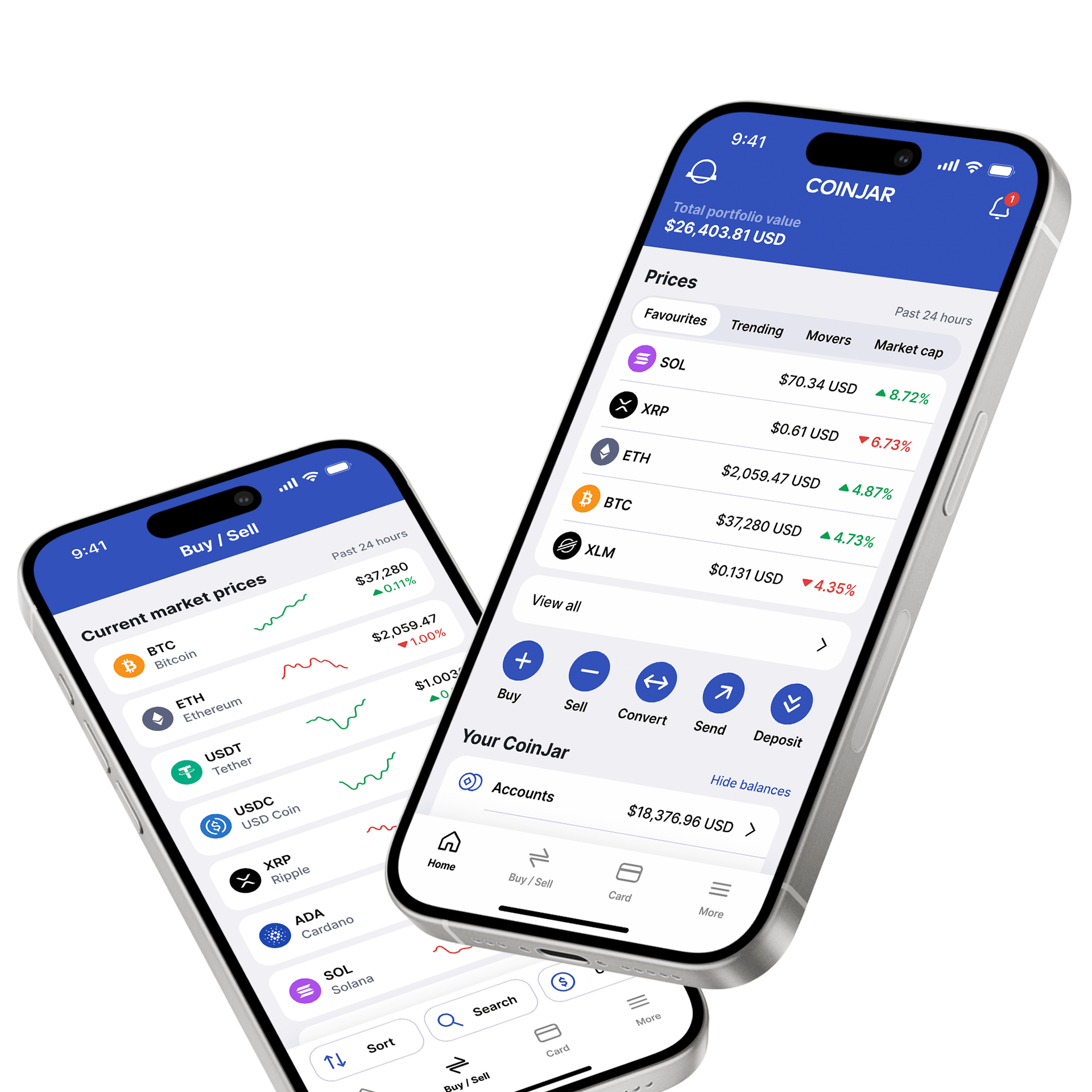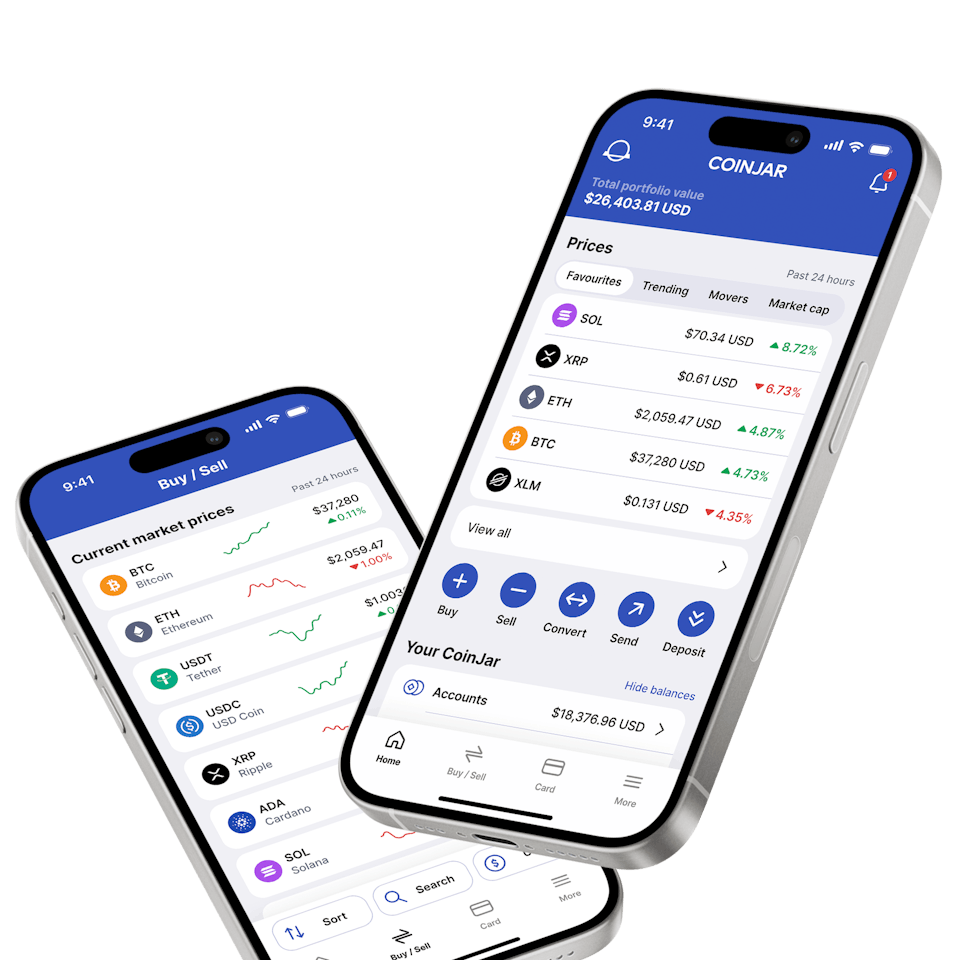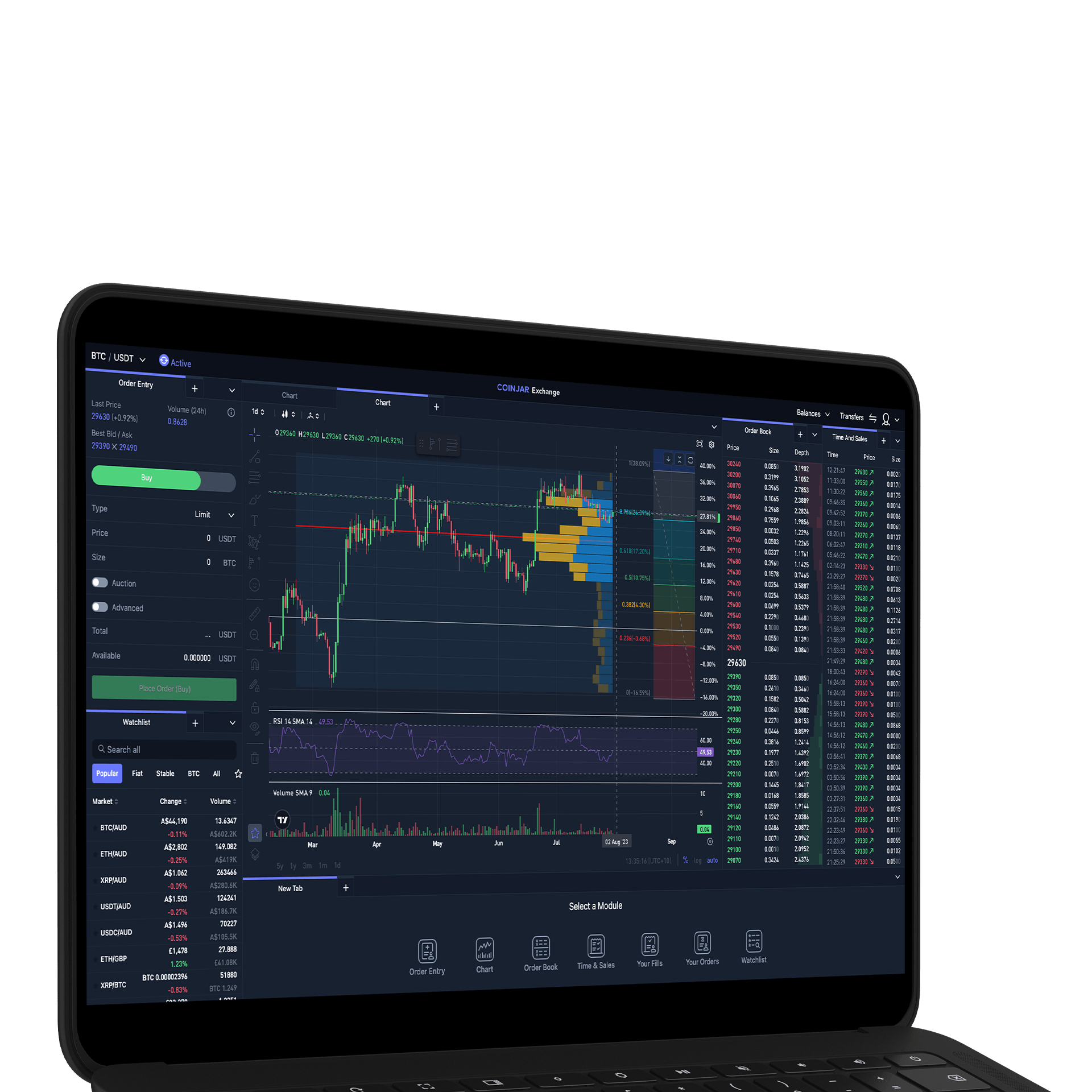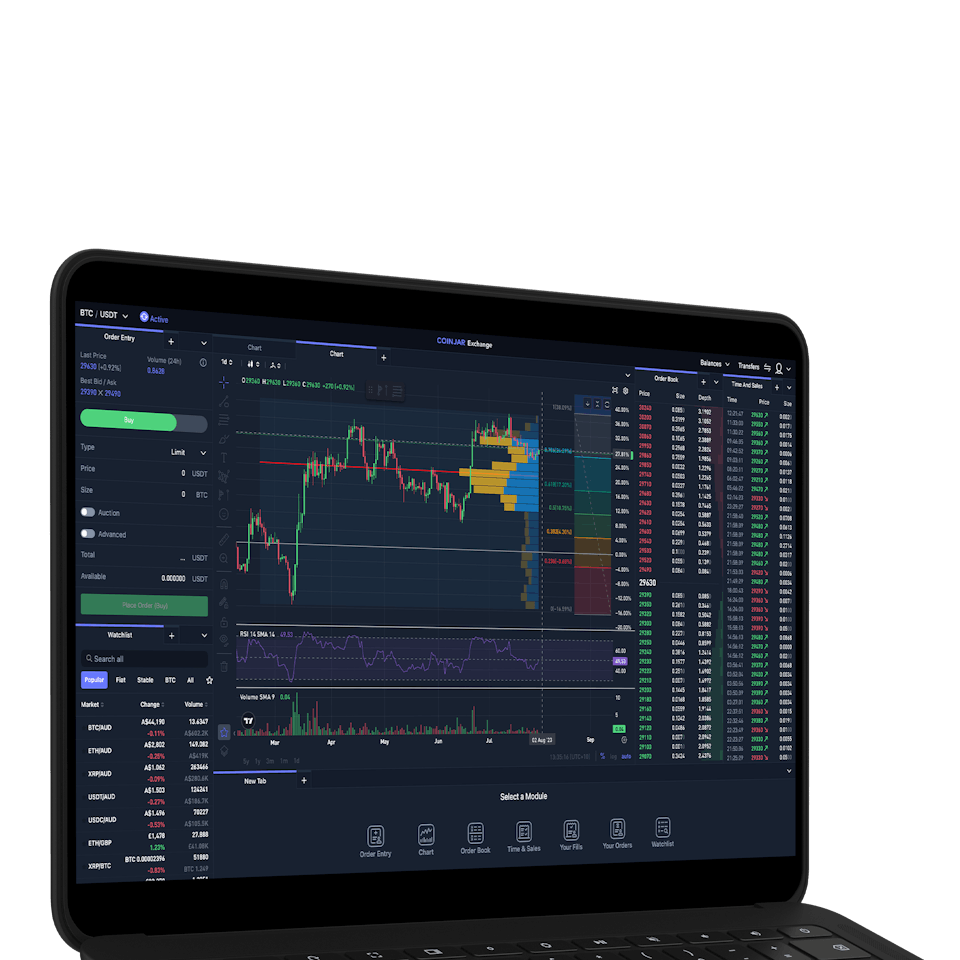Buy The Graph
The Graph
GRT
What is The Graph?
Buy Graph (GRT): What is Graph and why buy The Graph in Australia? This is a complex one to explain, so stay with us.
Firstly, The Graph is an indexing protocol. Here’s what that means. Imagine The Graph as a bridge connecting developers to blockchain data.
Instead of developers having to set up their own data servers or sift through a huge pile of data, The Graph does the heavy lifting for them. It’s like having a librarian organise all the books in a library so that anyone can find the right information quickly.
What are Subgraphs?
Think of subgraphs as specialised search engines for blockchain data. Developers create these subgraphs to focus on specific topics, like smart contracts, tokens, or other entities on a blockchain.
For example, let’s say we have a DeFi (Decentralized Finance) subgraph. It would index data from various lending protocols, token swaps, and liquidity pools.
The Graph helps developers find the information they need without getting lost in the data jungle.
Subgraphs are like targeted search engines that organise and serve up relevant data slices. The Graph is all about making blockchain data more accessible and user-friendly.
Where is The Graph used?
The Graph originally focused on the Ethereum blockchain, but it has since expanded to support multiple blockchains, enhancing its interoperability within the blockchain ecosystem. This broadens the use cases for The Graph, allowing a wider range of decentralised applications (dApps) to benefit from its data indexing and querying capabilities.
How Does The Graph Work?
Creating subgraphs
Developers create subgraphs using The Graph’s tools. They define which data they want to index (e.g., events emitted by specific smart contracts).
Once a subgraph is created, it starts indexing data from the blockchain.
Indexing data
Indexers (participants in The Graph Network) process and index blockchain data according to the subgraph’s rules.
Indexers store this indexed data in a decentralized manner, ensuring high availability and resilience.
Querying data
Developers and applications query subgraphs using GraphQL. GraphQL allows precise and efficient data retrieval.
For example, a DeFi app might ask a subgraph to fetch the latest token prices, liquidity pool details, or historical transaction data.
Why Would Someone Want to Buy GRT?
Speculation
Some people buy The Graph for speculative reasons. As of time of writing (May 2024) the all-time-high price was US$2.84, in February of 2021. The all-time low price was US$0.05 in November 2022. At the time of writing, the price is US$0.28.
Data Access:
Developers building decentralized applications (dApps) need reliable and efficient access to blockchain data.
By holding GRT tokens, users can participate in the network and support the indexing of valuable subgraphs.
Staking and earning rewards
GRT holders can stake their tokens to become Delegators or Curators.
Delegators support Indexers by staking GRT, and in return, they earn a share of the rewards earned by the Indexers.
Curators identify useful subgraphs and signal their importance by staking GRT. Successful subgraphs attract more queries and generate rewards.
Network growth and governance
The Graph community actively participates in governance decisions. Holding GRT allows users to vote on proposals, shaping the protocol’s future.
Conclusion: Buy The Graph
In summary, The Graph provides a crucial infrastructure layer for Web3 applications. This makes blockchain data accessible, reliable, and efficient. Whether you’re a developer or simply a crypto enthusiast, The Graph is worth looking into.







Cash, credit or crypto?
Buy The Graph instantly using Visa or Mastercard. Get cash in your account fast with bank transfer, Faster Payments, PayID or Osko. Convert crypto-to-crypto with a single click.How to buy The Graph with CoinJar
Start your cryptocurrency portfolio with CoinJar by following these simple steps.Featured In


CoinJar App
All-in-one crypto walletCoinJar App
All-in-one crypto wallet

CoinJar Exchange
TRADE FOR AS LOW AS 0%
CoinJar Exchange
TRADE FOR AS LOW AS 0%CoinJar’s digital currency exchange services are operated by CoinJar Australia Pty Ltd ACN 648 570 807, a registered digital currency exchange provider with AUSTRAC.
CoinJar Card is a prepaid Mastercard issued by EML Payment Solutions Limited ABN 30 131 436 532 AFSL 404131 pursuant to license by Mastercard. CoinJar Australia Pty Ltd is an authorised representative of EML Payment Solutions Limited (AR No 1290193). We recommend you consider the Product Disclosure Statement and Target Market Determination before making any decision to acquire the product. Mastercard and the circles design are registered trademarks of Mastercard International Incorporated.
Google Pay is a trademark of Google LLC. Apple Pay is a trademark of Apple Inc.
This site is protected by reCAPTCHA and the Google Privacy Policy and Terms of Service apply.



